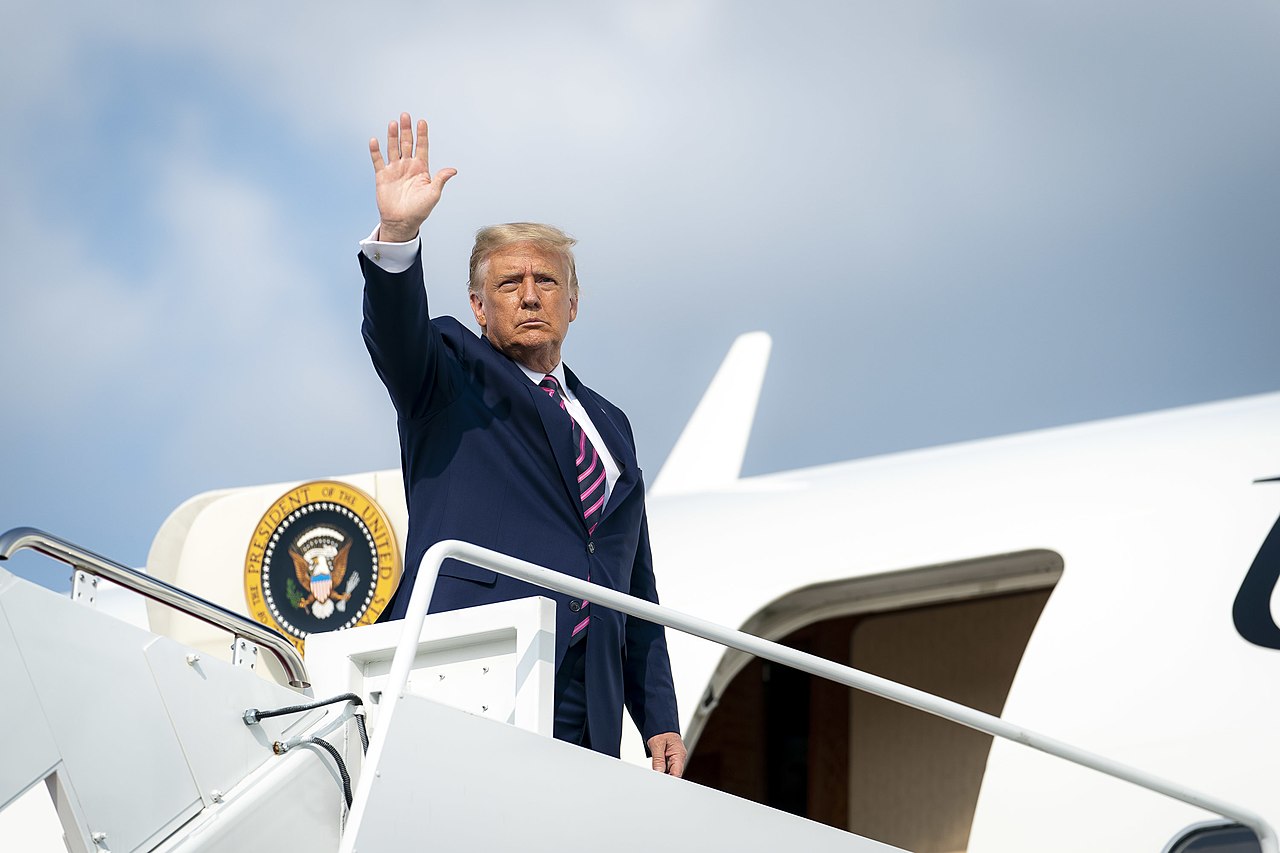

Aussie super funds looked set for a bruising new tax on their US interests under Donald Trump's "Big Beautiful Bill". However, last-minute negotiations between the US and the G7 mean that our retirement funds are now steering away from the perilous rocks of needless, revenge-based taxation. Here's what it all means.
Just when you thought Treasurer Chalmers' new Super Tax was the worst threat our retirement funds had to deal with, the Trump administration planted a big new tax in his "Big Beautiful Bill" legislation like a landmine laying in wait.
It was catchily-named Section 899 of the Big Beautiful Bill: an aggressive Trump-era measure that sought to retaliate against countries imposing so-called ‘unfair foreign taxes’ on US companies. It's legislation that could have seen Australian super funds give up billions over the next few years to the US administration in taxes alone.
Section 899 was a provision buried in the One Big Beautiful Bill Act — a sweeping piece of tax and budget legislation passed by the US House of Representatives in May.
The measure targeted countries the US deemed to be discriminating against American companies with taxes like digital services taxes (DSTs), undertaxed profits rules (UTPR) under OECD Pillar Two, and broader so-called extraterritorial measures.
Under the bill, Australia landed squarely on the US ‘blacklist’ for a few reasons.
One is Australia's News Media Bargaining Code, which forces US social media giants to pay local publishers. The other is long-standing policies on subsidised healthcare under Medicare and the NDIS, which limit the prices US drug firms can charge. And then there's our ongoing quest to make sure all companies pay their fair share of tax here in Australia. Even though it feels like they still don't and never will. All these things (and more) have been called out by Trump administration officials in the past as the former TV host ascended to the Presidency for the second time.
What's most damaging about Section 899, however, is how it would have stacked over time.
In year one, an additional 5% levy would have been imposed on dividends, capital gains, royalties and other US-source income earned by Australian entities. That penalty would have risen by 5% each year, capped at a 20% hike above the statutory rate.
Crucially, the measure would have overridden treaty protections under the US-Australia Double Tax Agreement. For super funds with billions invested in US stocks — especially in the tech and healthcare sectors — it would have directly eroded returns and potentially forced portfolio shifts away from the US market.
Super funds also faced potential administrative headaches. Because the measure applied to effectively connected income, non-effectively connected income, branch profits, and even gains on US real property, trustees would have been forced to re-examine structures and potentially rethink asset allocations.
Thankfully, we're on safer ground this week.
The turning point came last week when Trump's Treasury Secretary Scott Bessent told Reuters he personally lobbied US lawmakers to strip Section 899 out of the final version of the bill.
Bessent said he had pressed the case during side meetings at the G7 finance summit in Stresa, Italy, arguing the measure would provoke damaging tit-for-tat tax measures by US allies, inflame global trade tensions, and potentially prompt countries like Australia to further discriminate against US companies in retaliation.
According to Bessent, he warned lawmakers that the provision was at odds with broader G7 efforts to stabilise the global tax environment — particularly given delicate negotiations over the OECD Pillar Two framework and broader multilateral tax deals. Bessent and other US asset managers argued Section 899 would undermine US credibility just as Washington was trying to forge consensus on global tax rules. Ultimately, lawmakers agreed, striking Section 899 from the final text in return for a G7 commitment to continue working towards multilateral frameworks on digital taxes and to de-escalate unilateral measures.
Instead of pushing Section 899, the US is now leaning back into OECD-led negotiations on how to handle cross-border digital taxation and global minimum tax rules. Treasury officials have suggested they will pursue diplomatic channels rather than unilateral penalties to resolve disputes with countries like Australia — a pivot welcomed by both super funds and trade diplomats in Canberra.
The removal of Section 899 isn’t just good news for super funds — it’s also brightening the mood on the broader local share market. With the threat of rising US tax drag on retirement savings now lifted, fund managers are expecting smoother capital flows and less pressure to restructure offshore portfolios.
Combined with growing market expectations that the Reserve Bank will cut rates in July, the mood in the Australian market is shifting positive.
Analysts say that should support equities this week, particularly in the financial and real estate sectors, where investor sentiment is often closely linked to global capital conditions. Super funds, meanwhile, are breathing a sigh of relief, with trustees now refocusing on performance rather than emergency tax contingency plans.
It’s a reprieve that underscores how quickly global tax tensions can flare — and just as quickly shift when backroom diplomacy prevails.